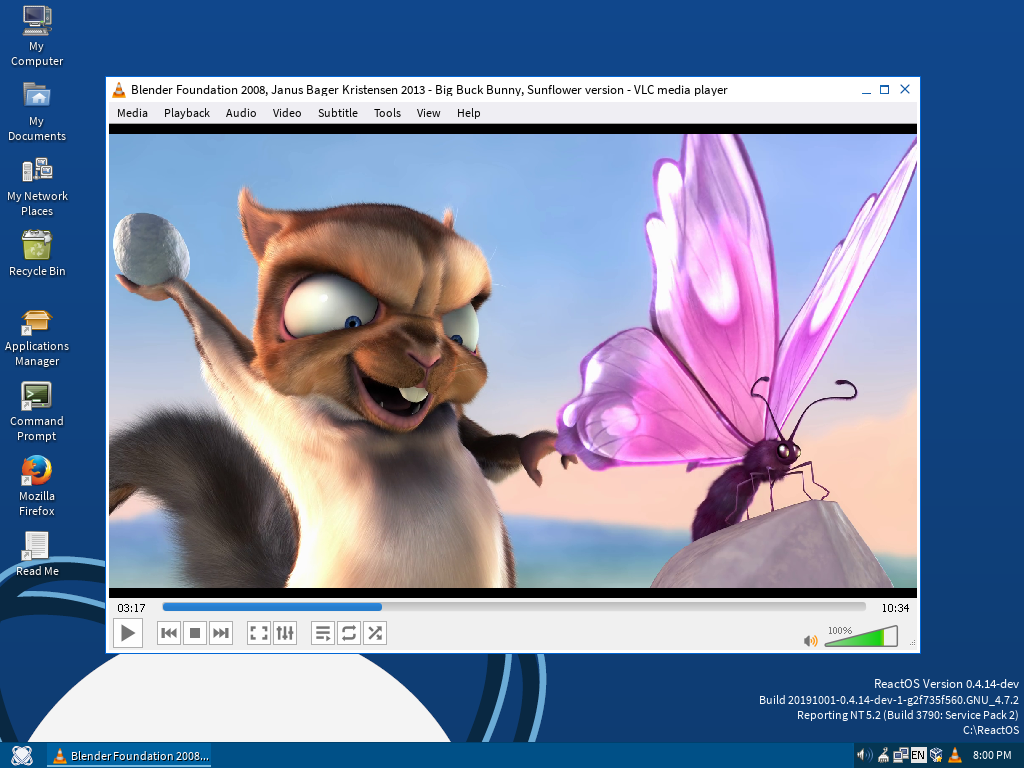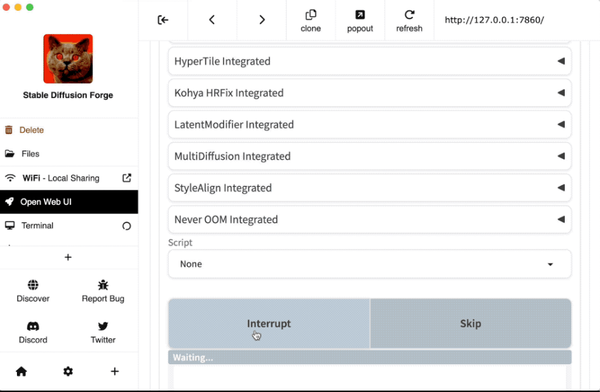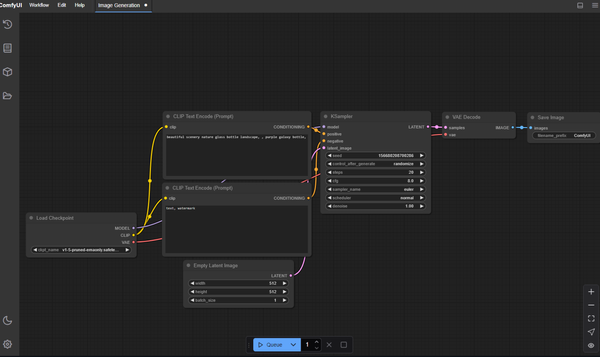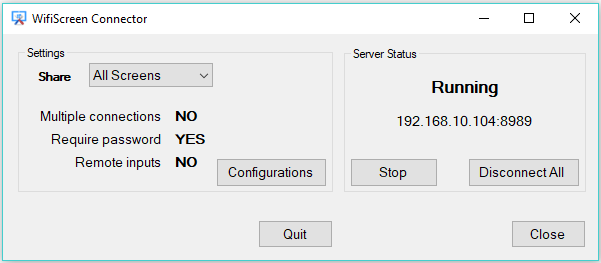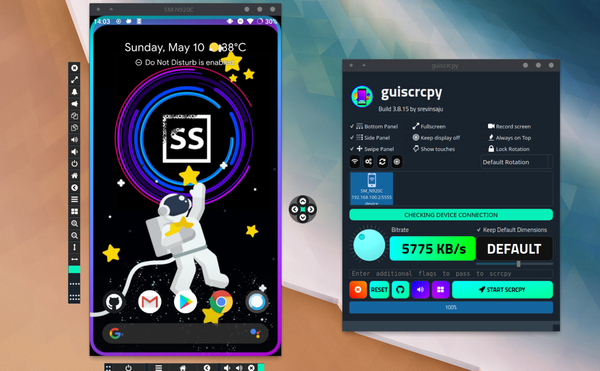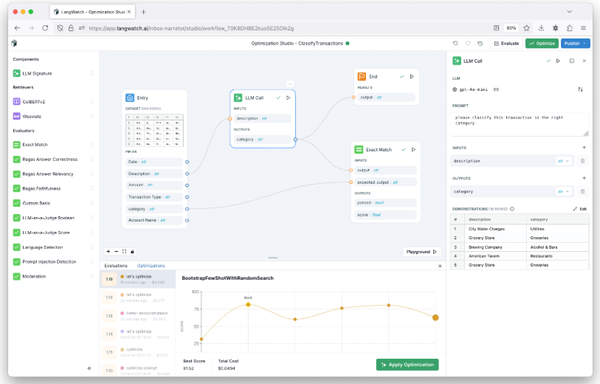From Windows to ReactOS: My Journey with an Open-Source Windows Alternative
Table of Content
After spending several weeks experimenting with ReactOS on my old hardware, I've discovered both the potential and limitations of this fascinating Windows-like operating system. As someone who's installed and tested it multiple times, I want to share my hands-on experience with this unique open-source project.
During my testing, I found ReactOS immediately familiar - its interface feels like stepping back into the Windows XP era, which brought back some nostalgic memories.
The installation process is straightforward, though I recommend using a virtual machine first before committing to bare metal installation, as I did.
What impressed me most was how lightweight ReactOS feels. I successfully ran it on an old Dell and HP laptops that struggled with modern Windows, and the system was surprisingly responsive.
The basic operations - file management, web browsing with included Firefox, and document editing - worked smoothly most of the time.
Concerns and Limitations
However, I encountered some real-world limitations you should know about:
- While some older Windows applications ran perfectly, I experienced occasional crashes with more complex software
- Driver support can be tricky - my USB 3.0 ports weren't recognized, though basic peripherals worked fine
- The system sometimes became unstable during heavy multitasking
- Network setup required some manual configuration in my case
Win-Win: Legacy apps with Minimal System Setup
Despite these challenges, I found ReactOS particularly useful for:
- Running legacy Windows applications on older hardware
- Basic computing tasks like web browsing and document editing
- Testing and development work
- Breathing new life into outdated machines that can't handle modern Windows
As an open-source enthusiast, I appreciate how ReactOS maintains active development. During my testing period, I saw several updates that fixed various bugs and improved stability. The community is helpful too - when I ran into issues, the ReactOS forums provided quick solutions.
From my experience, ReactOS isn't ready to replace your primary operating system yet, but it's an exciting project with real potential. If you're tech-savvy and interested in alternatives to Windows, especially for older hardware, it's worth experimenting with. Just remember to back up your data and be prepared for some troubleshooting along the way.
The project may still be in alpha, but seeing it run Windows applications on minimal hardware without licensing costs is impressive.
While it may not be perfect, ReactOS offers a unique solution for those looking to extend the life of their older computers or explore an open-source Windows alternative.
Remember: patience is key when working with ReactOS. While it may not be as polished as commercial operating systems, it's fascinating to see how far this community-driven project has come in replicating the Windows experience in an open-source environment.
License
The code of ReactOS is licensed under GNU GPL 2.0.
Resources


